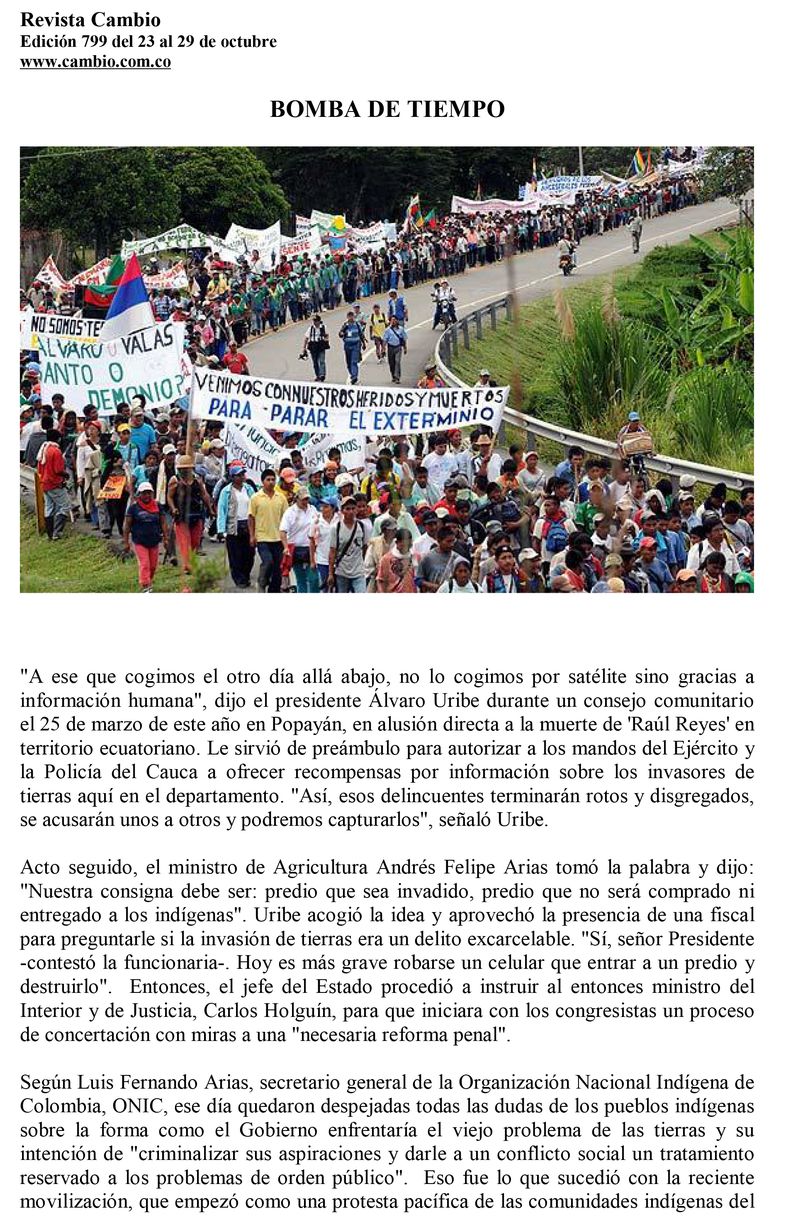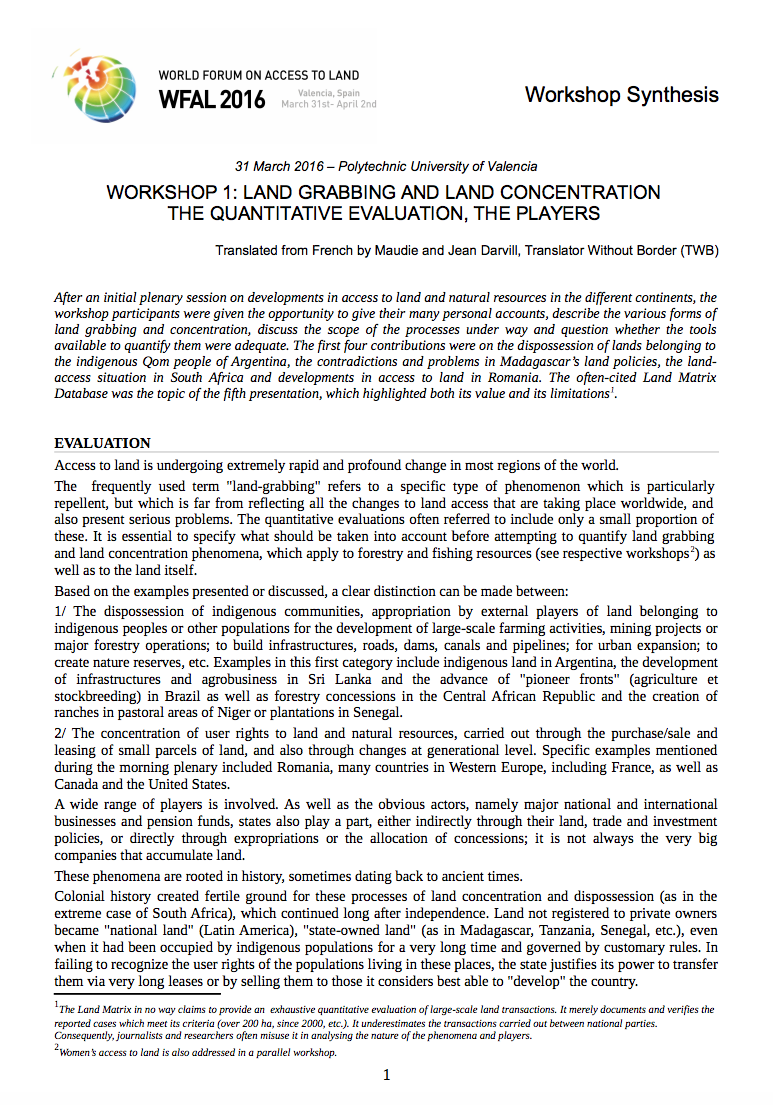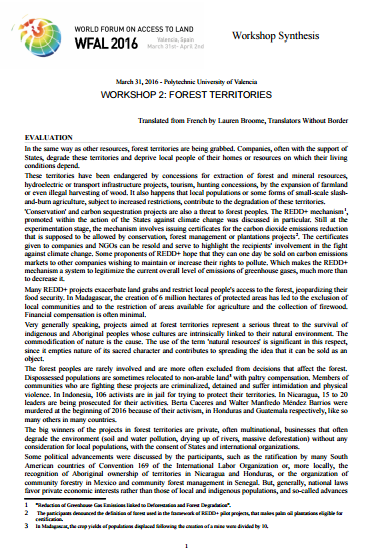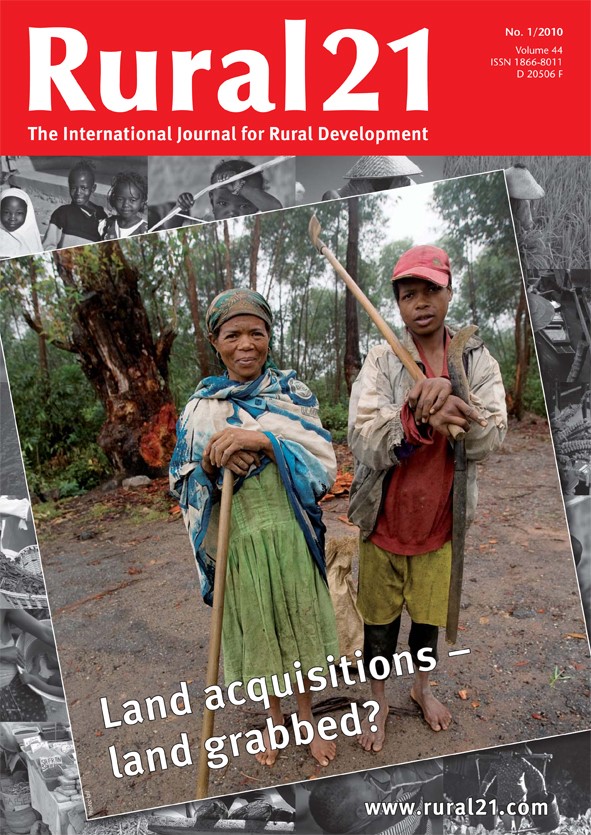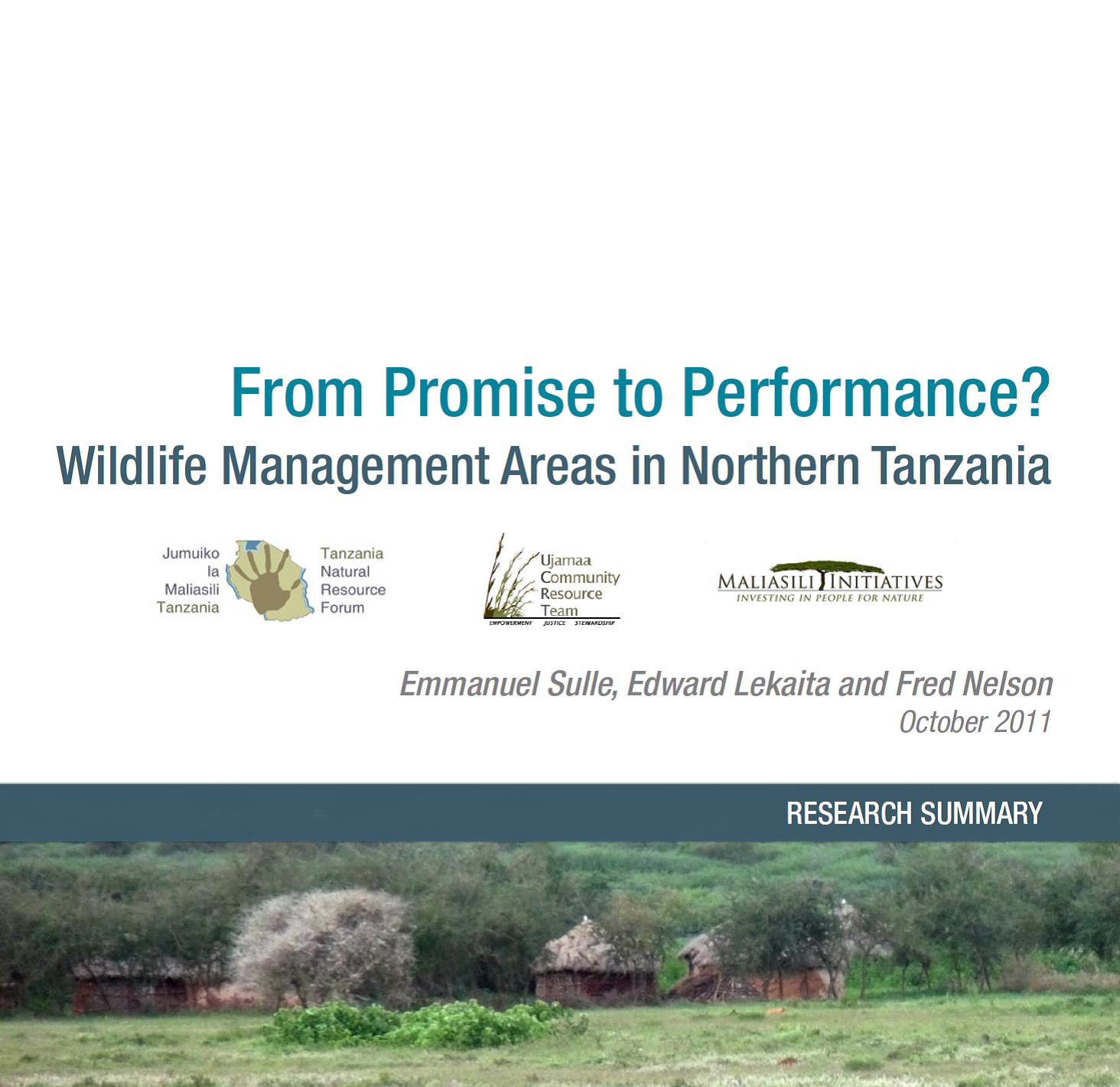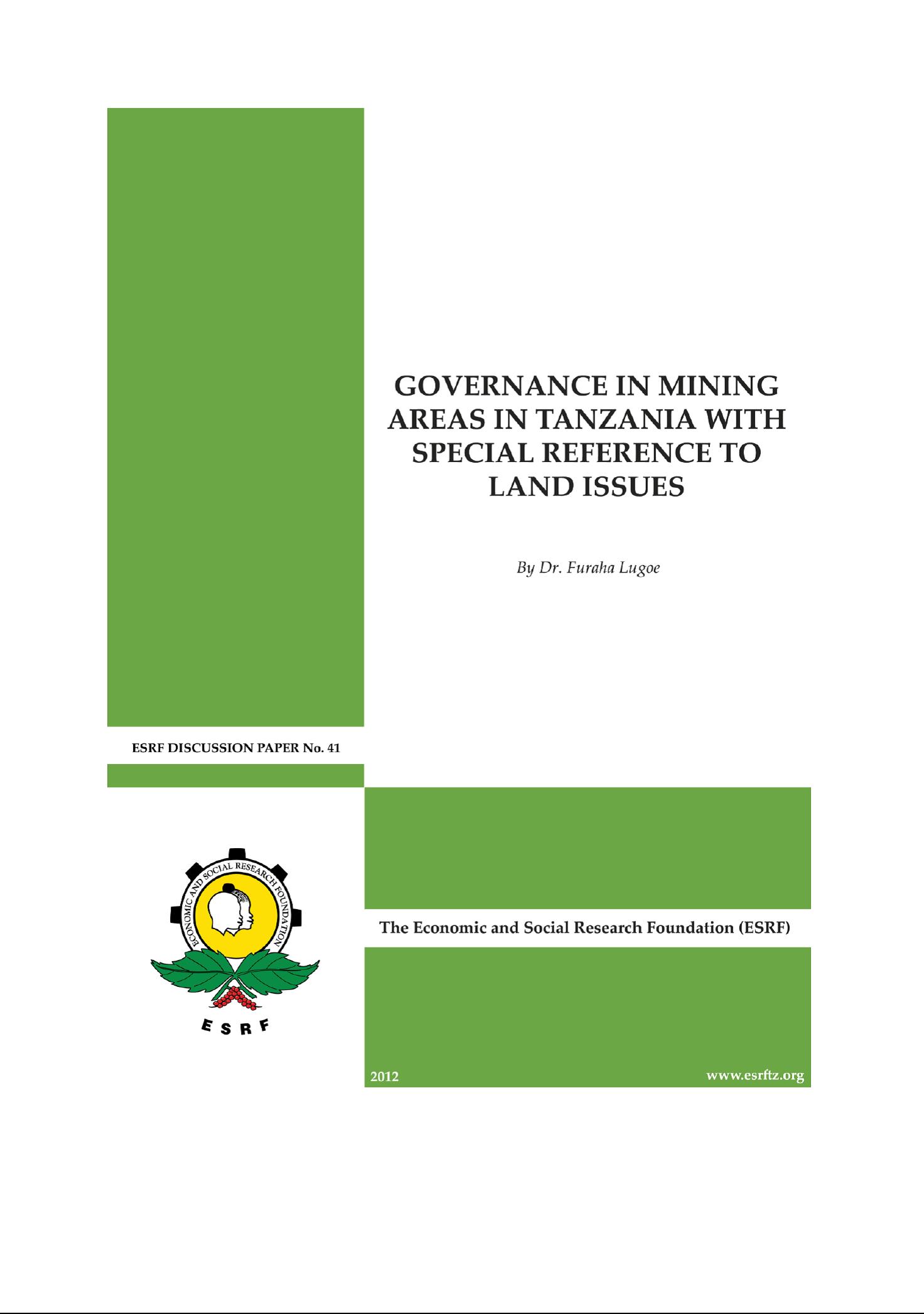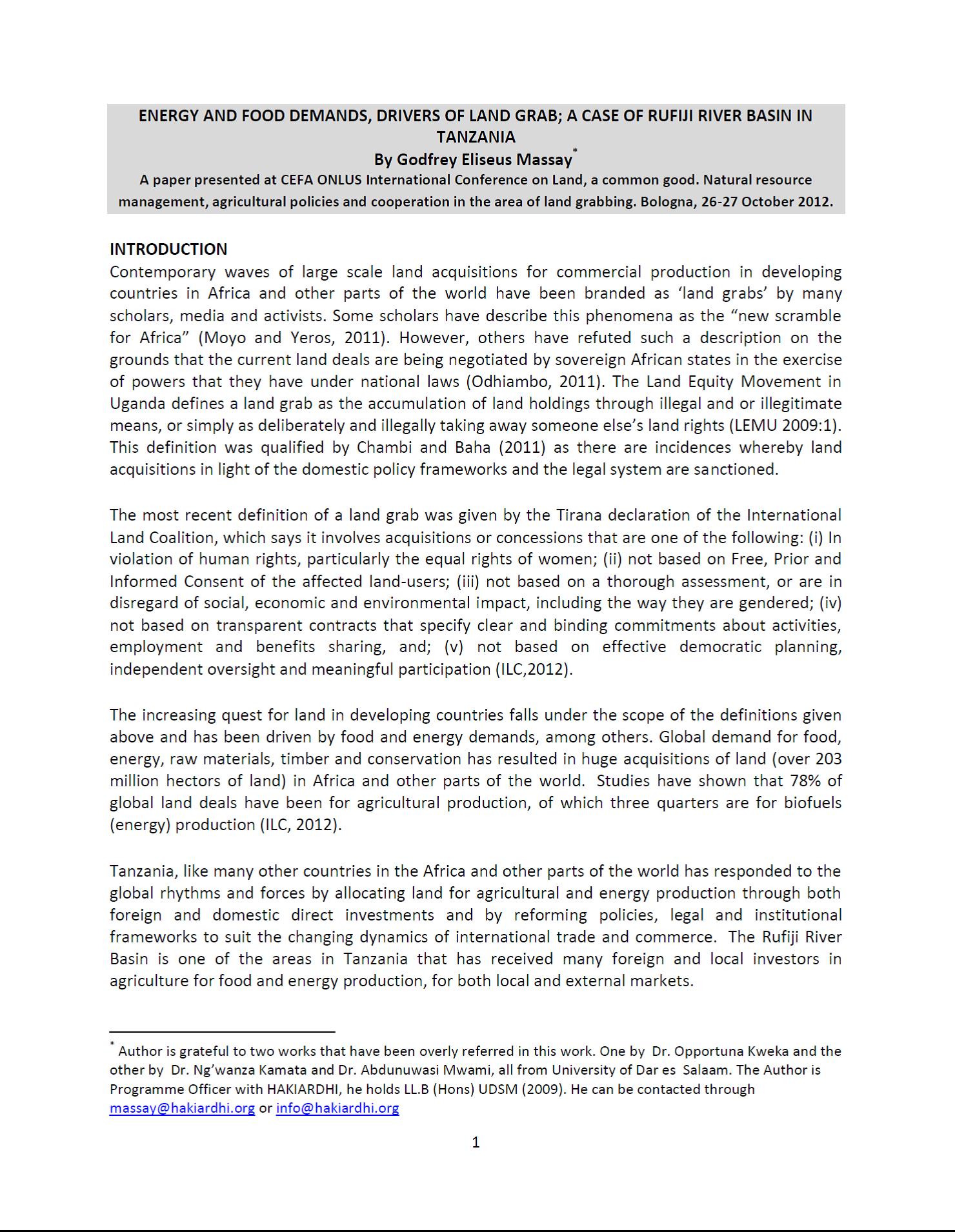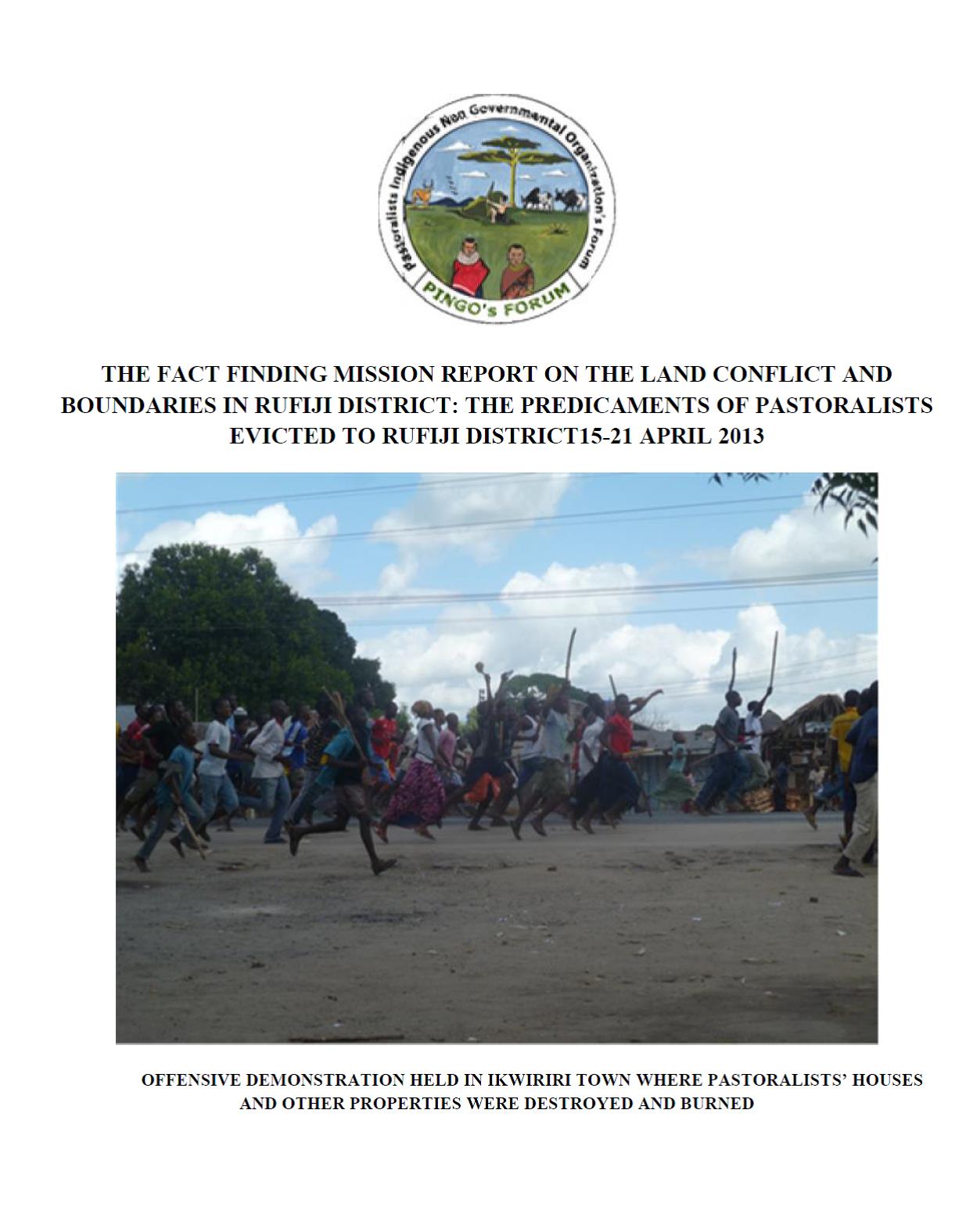Bomba de Tiempo
En medio de un clima de tensión social, la Minga de Resistencia Indígena inició el lunes una marcha hacia Cali. Se trata de un movimiento legítimo que busca respuesta a problemas cuya solución ha sido largamente aplazada. Todos coinciden en que el problema de la tierra y la violación de sus derechos humanos no es nueva, pero que ha sido agravada por el conflicto armado, que no solo ha contribuido al debilitamiento de las organizaciones, sino a la pérdida de tierras, cuya consecuencia es la reducción de sus territorios.

